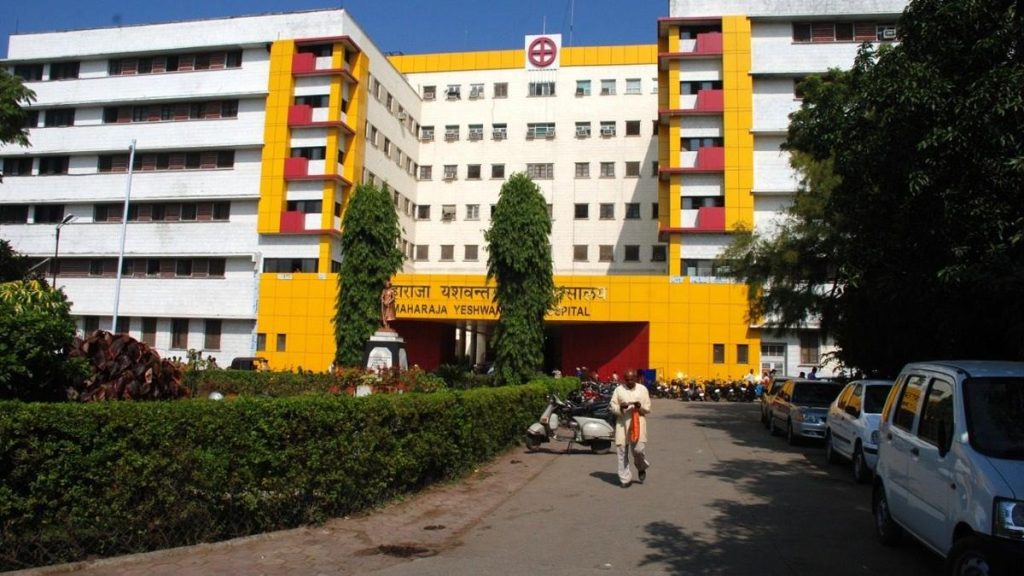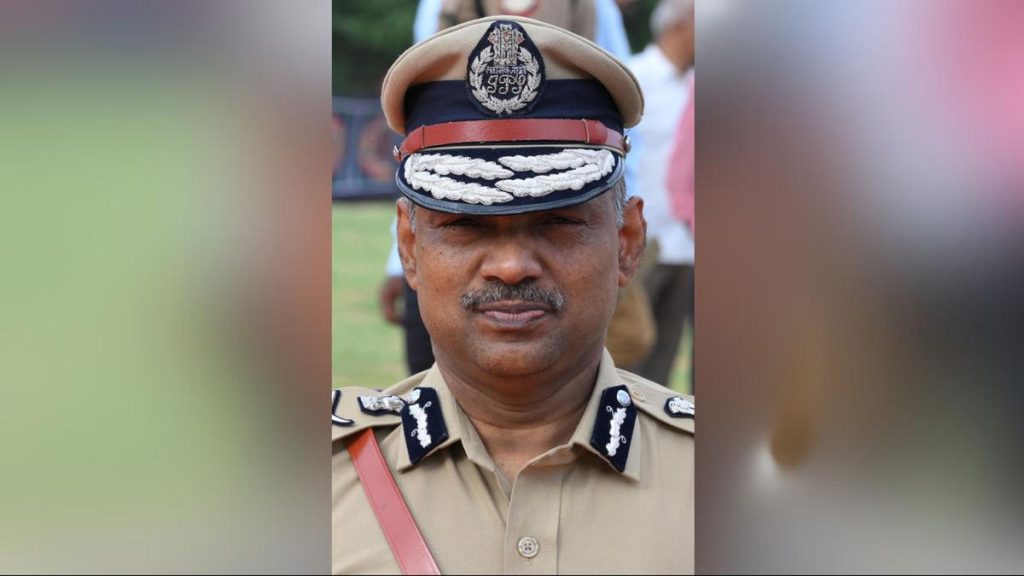Now Reading: Timely Report Saves ‘Digital Arrest’ Victim from Pledging Gold
-
01
Timely Report Saves ‘Digital Arrest’ Victim from Pledging Gold
Timely Report Saves ‘Digital Arrest’ Victim from Pledging Gold

Fast Summary:
- A 78-year-old man from Vinayak Nagar, nizamabad, fell victim to a ‘digital arrest’ fraud involving over ₹30 lakh.
- Fraudsters posed as Mumbai police officers and claimed his Aadhaar was linked to a bank account involved in money laundering.
- The couple was kept under ‘digital arrest’ for nearly 50 hours (August 31 – September 2) wiht fabricated legal notices purportedly from Supreme Court, CBI, TRAI, and RBI.
- Perpetrators coerced the victim into transferring funds and issued fake payment receipts in fictitious names of RBI and Enforcement Directorate.
- Fraudsters attempted to persuade him to pledge gold ornaments but were thwarted when the victim’s friend detected suspicious behavior and alerted authorities.
- cybercrime officials managed to freeze ₹20 lakh of the defrauded money before withdrawal; gold pledging was also prevented.
- Telangana Cyber Security Bureau (TGCSB) issued an advisory cautioning citizens against sharing personal information or responding to such fraudulent calls/video messages concerning banking details or Aadhaar links via whatsapp. Reporting mechanisms include cybercrime helpline 1930 or cybercrime.gov.in.
- Investigations are ongoing at the Cyber Crime Police Station (CCPS),Nizamabad.
Indian Opinion Analysis:
This incident underscores growing concerns about how technologically advanced scams target vulnerable individuals by exploiting both their trust in institutions and fear of legal repercussions stemming from false allegations. scammers combining impersonation tactics alongside fabricated documents highlights an urgent need for widespread awareness initiatives tailored toward elder safety online.
The TGCSB’s swift intervention prevented further financial loss,showcasing improved responsiveness by India’s cybercrime infrastructure while reinforcing trust among citizens reporting fraud promptly-a success that highlights how proactive public grievance mechanisms like helpline numbers can make tangible differences when utilized urgently.
The case also raises questions about improving digital literacy universally across age demographics in India-integrating cybersecurity education within larger societal campaigns could reduce vulnerability overall given increasing reliance upon virtual communication nationwide today!
Read more:
























